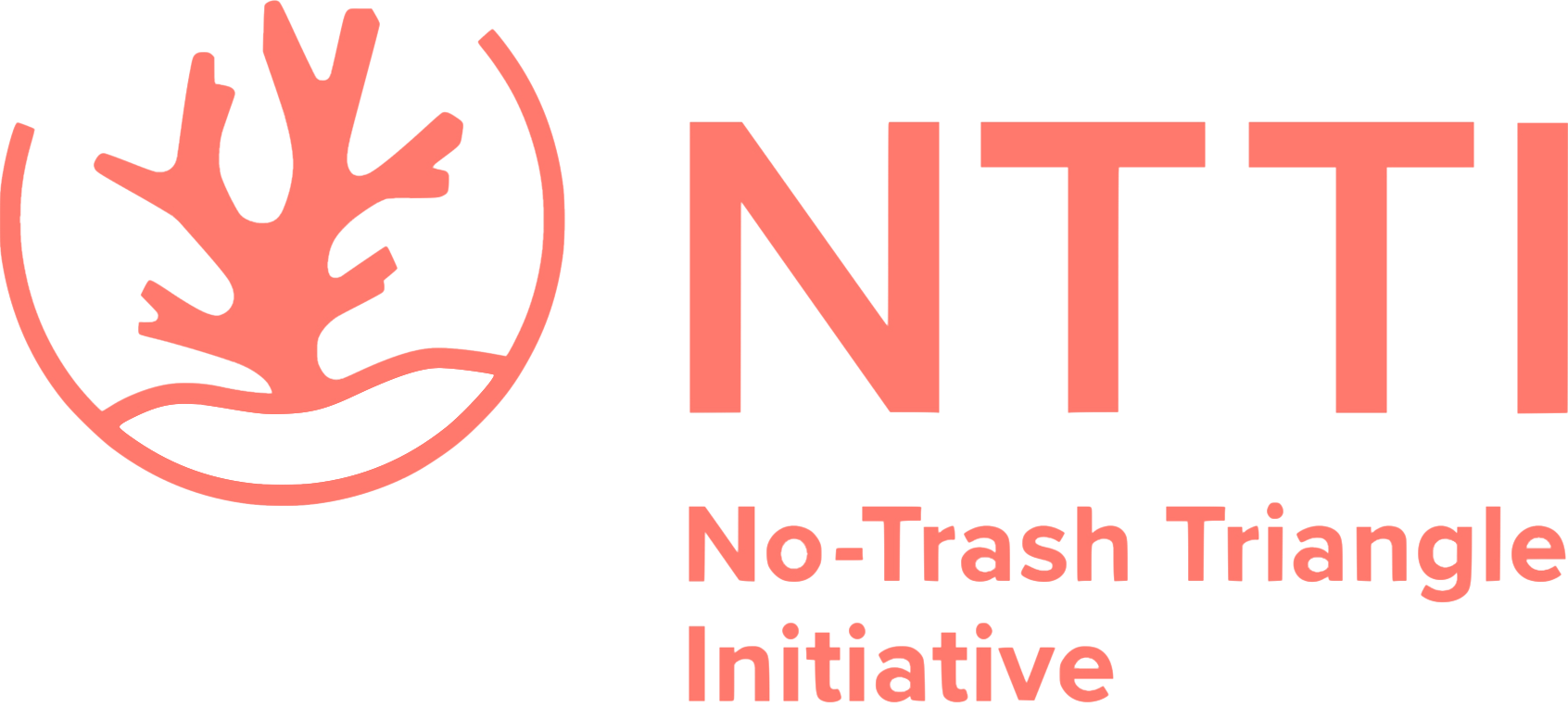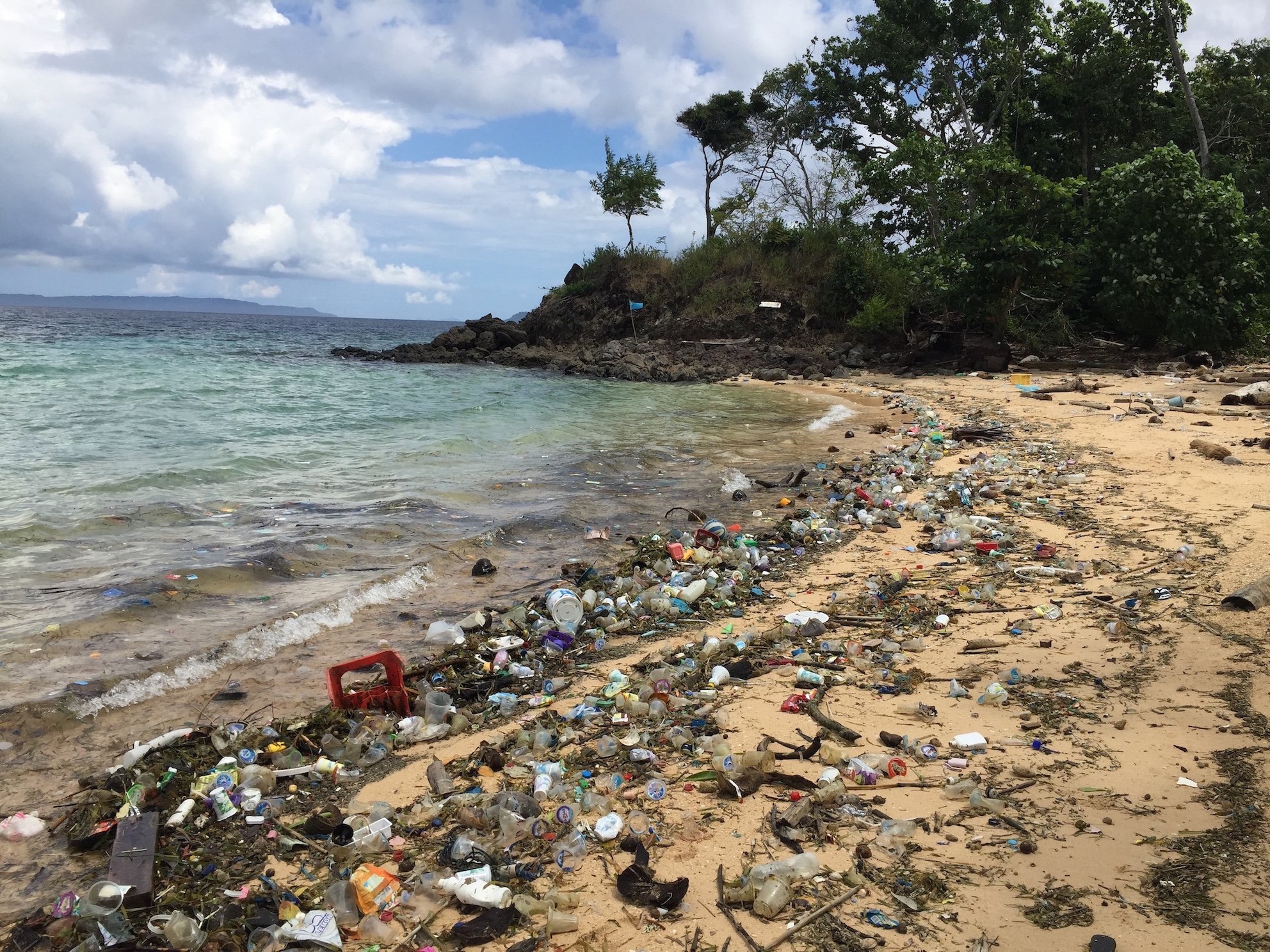Sharing is caring: 3RproMar
We’ve been around for more than five years now and in that time, have gathered knowledge and learnings on what’s required to tackle the plastic pollution problem across the Coral Triangle. Of course, we still have a long way to go and that’s why knowledge-sharing with like minded organisations is so important. One such organisation is GIZ, a sustainable service provider who have a global footprint and are running the Reduce, Reuse, Recycle (3R) to Preserve Marine Biodiversity (3RproMar) project.
3RproMar was set up to support ASEAN member states reduce the amount of plastic leaking into our oceans. The project will use government funding to bring about change in four countries who have known issues with plastic pollution - Vietnam, Cambodia, the Phillippines and our own home, Indonesia.
The project has four areas of focus. Firstly they will look to improve collaboration between the different regions - making sure that governments and NGOs are communicating and sharing their learnings. Measuring the impact of the project is super important, so the team is figuring out how to effectively measure the reduction in plastic leaking into the ocean. In addition, they want to make sure businesses are playing their role to reduce their waste. Finally, 3RproMar will put in place small scale pilot projects that look at how to prevent marine plastic waste at every stage - from reducing consumption to effective recycling.
The project will be funded by the Federal Republic of Germany and implemented by GIZ in close cooperation with the ASEAN governments. Plastic does not pay any attention to international boundaries when it enters our waterways and oceans and neither should efforts to address the problem. This cross-country approach is a great example of global collaboration to bring about positive change.
We had some of the 3RproMar team visit our operations in Manado last week and were delighted to share our own story with them to give a sense of some of the challenges (and successes) that are part and parcel of setting a waste management model up in the region. As one of Indonesia’s most polluted cities, Manado is a key focus area for the project. It is estimated that 370 tonnes of waste is produced every day in the city, of which 18.5% is plastic!* There is a huge opportunity to make a difference here and we are looking forward to supporting the team as they prepare to launch their project, sharing our insights in an effort to reduce plastic pollution. And of course, we look forward to implementing any learnings they might uncover through their own efforts!
*EPR Indonesia, 2022, https://www.epr-indonesia.id/german-and-other-international-initiatives


